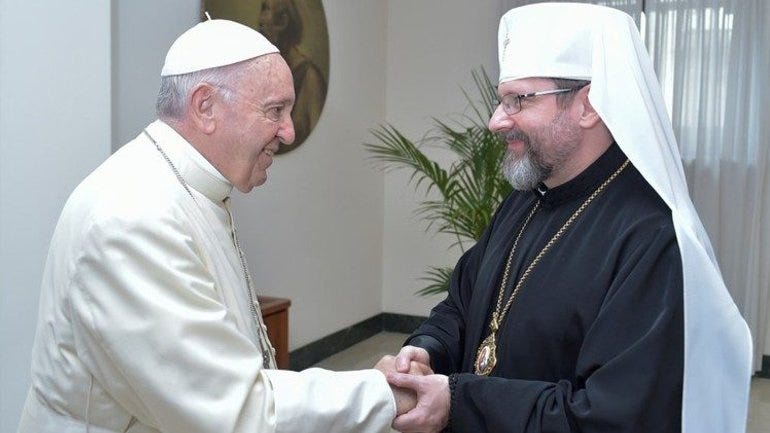
As war continues in Ukraine, Catholics in the country say they are looking for more support from Pope Francis, who has long called for peace in the country but has not explicitly condemned Russian leaders, who began an invasion of Ukrain…

As war continues in Ukraine, Catholics in the country say they are looking for more support from Pope Francis, who has long called for peace in the country but has not explicitly condemned Russian leaders, who began an invasion of Ukrain…